What do Hannah Gadsby and Grace Tame have in common? Both Australians are autistic, and they are among the growing number of celebrities speaking out about their diagnosis. Both women have also helped debunk the myth that autism is solely the preserve of boys and men.
There’s little doubt that, globally, more adults are coming forward and being diagnosed with autism. Here in Australia, numbers are also rising. In 2018, the Australian Bureau of Statistics (ABS) found that around one in 100 Australians have autism, which represented a 25 per cent jump from the last analysis in 2015.
But experts say the rates could be even higher; Autism Spectrum Australia estimates that one in 70 Australians is affected, and La Trobe University’s Dr Rebecca Flower points out that the ABS data is limited.
“Currently, the ABS only report prevalence to age 40 – I will be interested in seeing how this changes in future reports …as there are also many people who self-identify as autistic, but who don’t have a formal diagnosis,” says Dr Flower.
Yet a formal diagnosis is, for many, a lifesaver. PRIMER spoke to three women who were diagnosed with autism as adults.
“There were so many missed clues”
Chantell Marshall, 43, a mother of four, from Australind, WA.
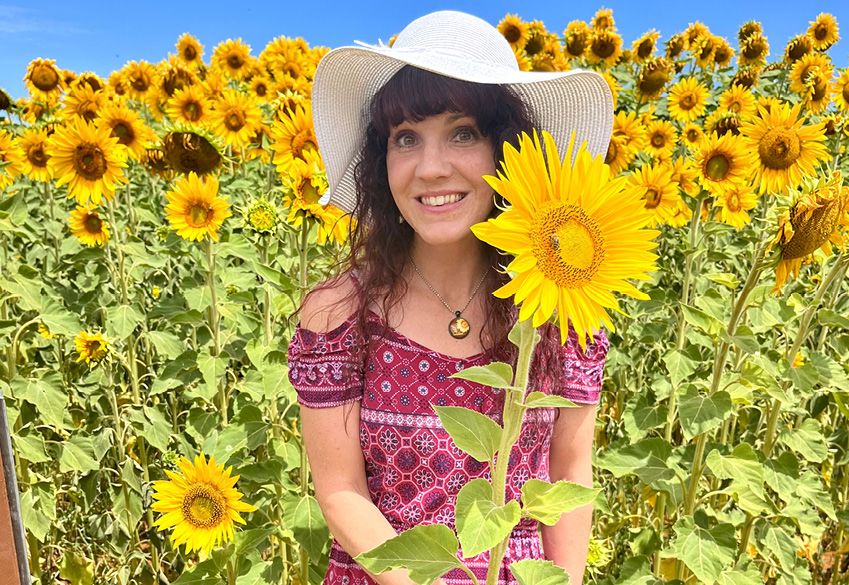
When my autism diagnosis was confirmed, I burst into tears. It was an overwhelming, surreal moment. Finally, I understood why I had struggled for my entire life and always felt so different.
Looking back there were so many signs, but I simply did not recognise them for what they were, and neither did anyone around me.
I was always a very shy, sensitive girl. I lost all my hair at the age of three as an emotional reaction to my parents’ divorce. Later, I had significant separation anxiety from my mum, and relied on family and friends to speak for me when I could not speak myself. Since my diagnosis, I now understand that this was “selective mutism” [which is common among those with autism].
As an adult, I struggled with severe anxiety constantly… and failed all attempts at working due to severe social anxiety and overwhelm. I seemed to exist on a perpetual precipice, where I would shakily struggle along for a while before crashing badly.
As an adult I struggled with severe anxiety constantly. I seemed to exist on a perpetual precipice.
As a sole parent, my children were my guiding lights, but they had no choice but to witness my breakdowns. I still vividly recall my daughter arriving home from school at the age of 10, and discovering me sitting on the kitchen floor, crying heavily and unable to speak or move. She called my mum on the phone, and then opened the freezer to see what she could make for dinner for her younger siblings.
When I broke down again at the age of 40 and heard my daughter (who was now 21) say to the psychiatric nurse “I am not leaving here until my Mum is admitted because she is not safe to herself”, I knew in my heart I had to find a way out.
That’s where I feel like fate intervened. A friend started suggesting autism, and I was receptive, but unsure. Then, my best friend from school sent me an article about a late-diagnosed woman, and later that same day, I also received a second article about autism from a third friend. It felt like enough of a sign for me to take it seriously.
During my autism assessment, my psychologist mentioned “masking”, which involves hiding any quirks or differences in order to blend in. This is something I had been doing since I was very young, but had no language to describe it.
As a child, I would fixate on different girls and try to imitate the way they spoke, or how they styled their hair, or how they walked. It is so ingrained that I do this automatically even now – I analyse other women around my age and try to identify how they manage to cope and succeed in life. It is akin to a scientific experiment as I subconsciously collect this ‘data’ from different women.
I can also now recognise that my continual breakdowns were the result of reaching autistic burnout due to masking – it takes an enormous toll on a person’s mental health to constantly try to hide or suppress essential parts of yourself out of shame or fear. I had done this so intensely that by the time I became an adult, I had no idea who I was as a person.
I also have a very rigid, black-or-white thinking style. I can never see the middle ground and have often been called stubborn. This rigidity contributes to my anxiety level because I automatically escalate scenarios in my mind, panicking about the worst possible outcome. I also do not cope with change very well at all, no matter how much I try to prepare for it.
I also have a very rigid, black-or-white thinking style. I can never see the middle ground and have often been called stubborn.
My autism diagnosis has been incredibly positive. Although I am incredibly sad as a parent, knowing what my children had experienced due to my continual struggles.
To other women who think they might be autistic, I would say to trust your intuition. Keep in mind too that each autistic person experiences autism differently. We are all unique individuals, just like every human being. We may share an autism diagnosis, but we are likely to have vastly different presentations of this.
“My sons’ diagnosis prompted me to get evaluated”
Sandra Thom-Jones, 56, is an author and academic and mother of two sons.
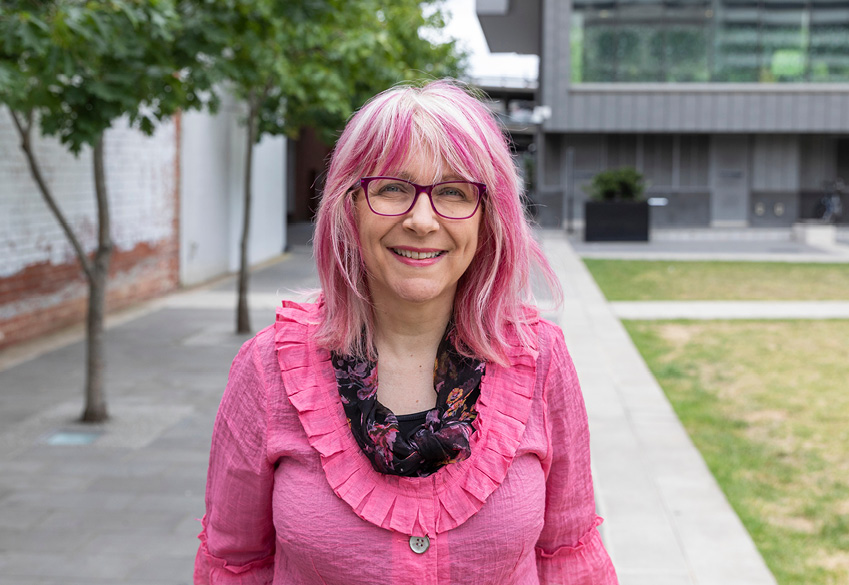
“My youngest son was diagnosed with autism aged two, and my oldest as a teenager. It was their diagnoses, combined with the way they experienced life, that finally got me thinking that I, too, may be autistic.
My older son had similar challenges to me in school: not feeling like he fit in, not understanding things about other kids. Their schools would raise concerns with me about certain behaviours and things they did, but to me it all seemed normal, because my kids are a lot like me.
One day I started taking to my older son and asked him if he thought I was also autistic. And he said, “Yeah mum, where do you think we got it from?” I then asked my husband and he said, “I’ve always thought that ever since I met you”. From then I started reading more and a gradual realisation dawned that all the things the schools were saying about my kids that signified they were autistic were also true about me.
I’d always known something was different about me, but I thought it was my inability to deal with things – such as sensory overwhelm or having difficulty with social interactions – that was the problem, rather than me being wired differently.
I’d always known something was different about me.
For instance, I find bright lights really painful. It’s not just the brightness that irritates me; it gives me a severe headache and inhibits my ability to concentrate, think or focus. If my husband turns on a bright light over the kitchen table when we’re having dinner, I can’t eat my meal: all I can think about is how much it hurts.
Strong smells also make me feel dizzy and unwell, and I have issues separating individual sounds from each other. Yet, when I told people this in the past — “the lights are bright, aren’t they? How annoying is the loud noise?”– they would say yes, that is annoying, and I just thought they dealt with it better than me.
Getting an autism diagnosis s not a simple process, and it becomes more difficult the older you become. The biggest hurdle is the cost. Medicare covers diagnosis only up to age 13, so when you’re an adult seeking help, it can cost thousands.
Getting an autism diagnosis is not a simple process, and it becomes more difficult the older you become.
Autism is not a condition where you can just have a blood test to confirm it: it requires an extensive assessment involving a lengthy interview, during which you’re asked about your behaviours and experiences.
For a long time, I thought everyone else struggled to process multiple voices (like in meetings) or sat in their offices, over-powered by the bright lights.
To be able to say I’m autistic when I do things like wear sunglasses in a meeting or turn off the camera in a Zoom meeting to be able to better concentrate on what I’m saying has been so helpful.
My diagnosis has let me be kinder to myself, and I hope others in my position find the same relief.
Sandra is the author of Growing in to Autism.
“I feel a sense of grief for the life I could never quite grasp”
Jessie Aiton, 37, Bellarine Penninsula, VIC
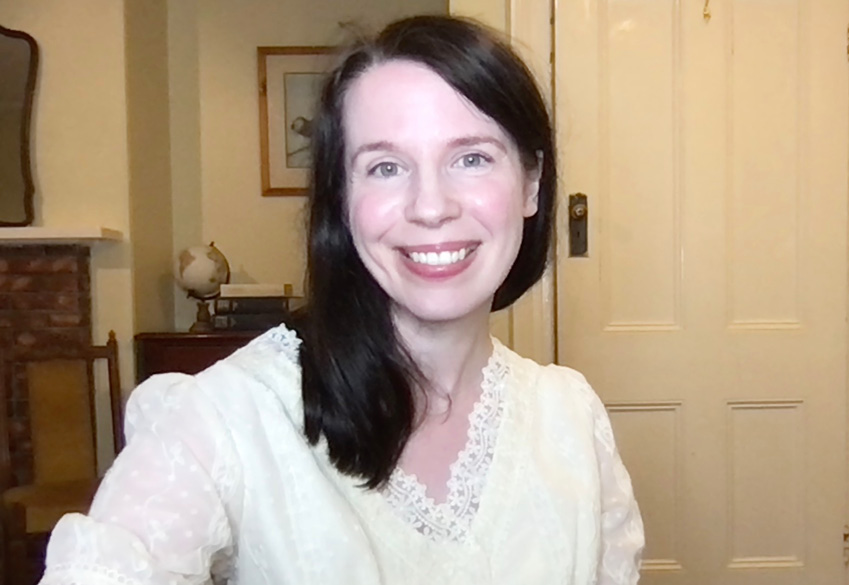
I always felt very different to people my age. Though I was working very hard to be like others, I never quite fit in, and I felt somewhat quietly separate.
At university, I had to withdraw from some of my subjects, and though I did well at most, it took me 10 years to do my arts degree. Despite really loving the subjects I was doing, I couldn’t always focus on them in the way I wanted to.
For example, studying literature, I would want to immerse myself in one book and I would learn absolutely everything about that book. I knew the themes, the characters, the nuance. So, if I’d had to take an exam on that one book I would do really well, but I would neglect other studies.
There were a lot of deadlines missed and extension requests. Bright lecture theatres could affect my senses too which made it hard to attend class.
In 2020, I started reading and came across a few articles from women who had received diagnoses later in life. I related to a lot of it, so I built a case and presented it to the people I needed to.
Nowadays there are far more of us – they call us the Lost Women or Lost Girls. Something I really identified with.
Nowadays there are far more of us – they call us the Lost Women or Lost Girls.
What I know now is that autism often looks different in girls. The stereotype of autism is a boy in the classroom who’s obviously very autistic – for example, stimming a lot or being into rockets – but in girls this isn’t the case. We are often very creative for example. As a result, a lot of women and girls got lost in the system – hence the term Lost Women.
Today I don’t feel grief over the fact I am autistic. But I do feel a sense of grief for a life that I’ve never quite been able to grasp.
I believe that the education system, as it’s currently structured, doesn’t allow autistic girls and women to flourish, which further affects our life trajectories and results in a lot of grief for many Lost Women.
Young girls are also being taught that they’re defective or disordered, which breaks my heart. Teachers don’t understand them and they’re pegged as difficult or withdrawn, when, often, they’re completely overwhelmed.
Today, there is a lot of emphasis on celebrating diversity. I don’t necessarily want autism to be celebrated. I’d just like it to be normalised. I don’t want younger girls to go through that sense of shame, or face barriers.
Want more information about autism? Visit Autism Spectrum Australia.
Sign up to PRIMER’s weekly (free) newsletter now.





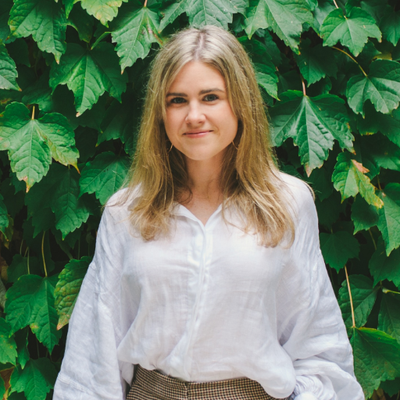

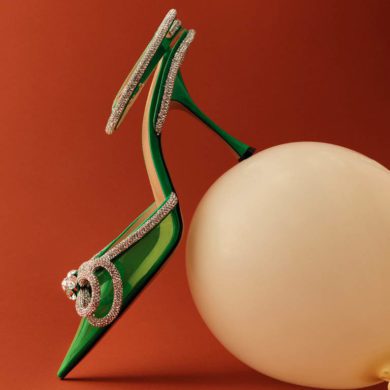
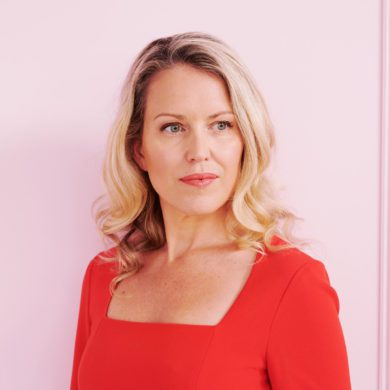
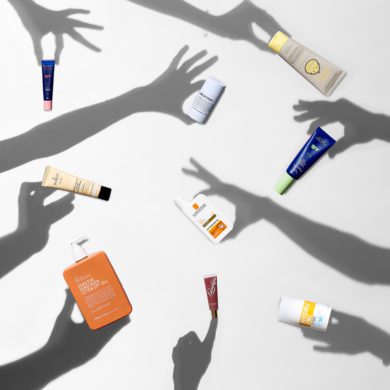
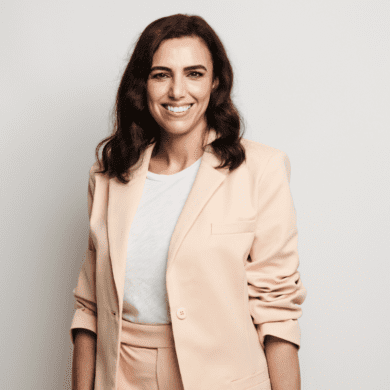
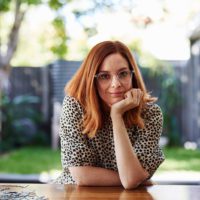
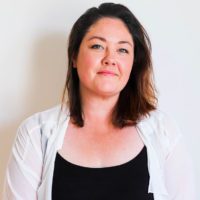
No Comments